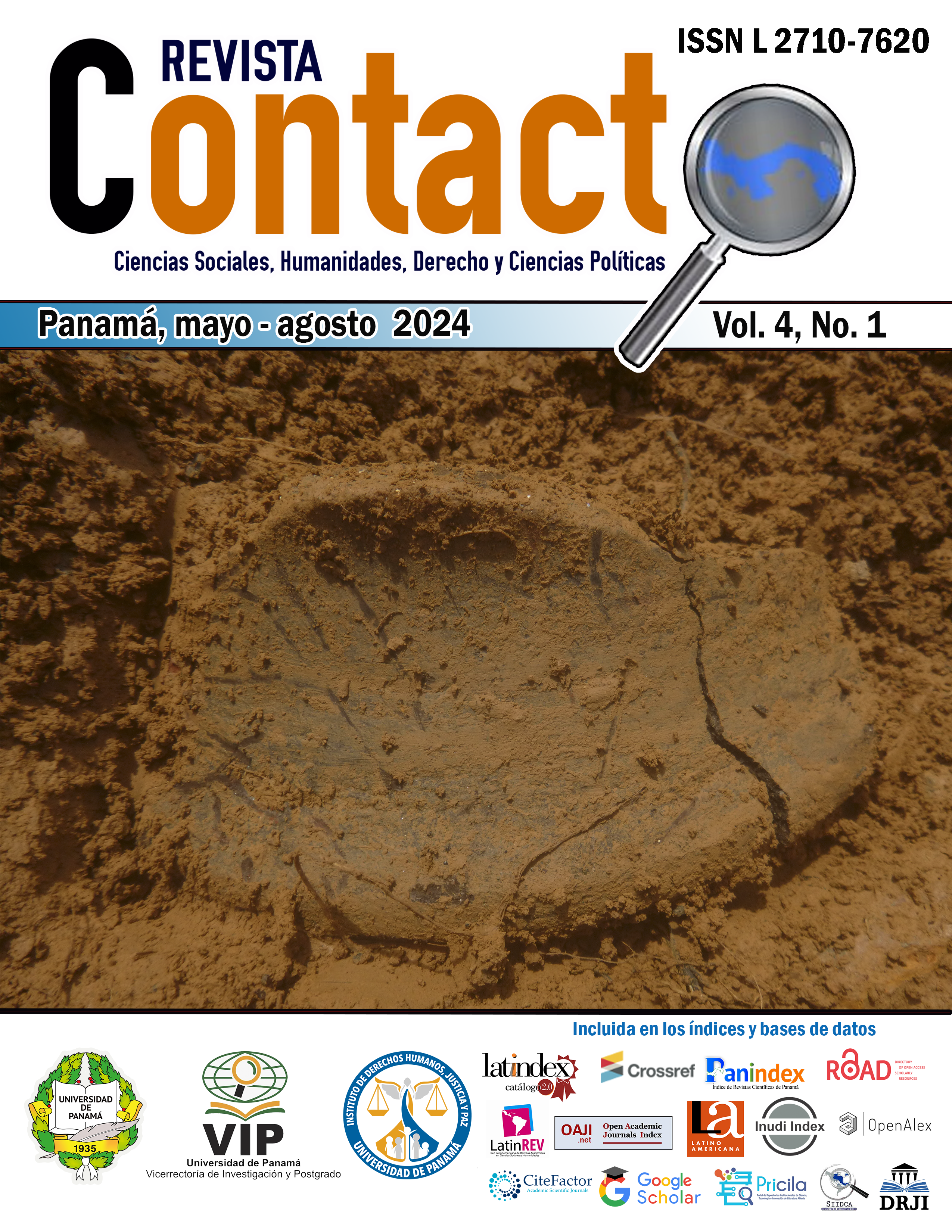

Copyright (c) 2024 Revista Contacto

This work is licensed under a Creative Commons Attribution-NonCommercial-ShareAlike 4.0 International License.
The document commemorates the 300th anniversary of the birth of Immanuel Kant, highlighting his influence on modern philosophy and academic disciplines. It highlights his contribution to epistemology, ethics and metaphysics, as well as his role in transcendental idealism. Kant is recognized for his rigor and depth in the analysis of reason and morality, fundamental in his work. Kant’s influence on contemporary ethics is manifested through concepto such as moral autonomy and the categorical imperative. It examines Kant’s life and work, focusing on his major works and philosophical concepts, such as the distinction between phenomenon and noumene, and moral autonomy. It discusses how these ideas have influenced various fields of knowledge and contemporary ethics, challenging traditional conceptions and generating debates about their relevance in the 21st century. Criticism of Kantian thought focuses on its emphasis on reason and the universality of moral principles, questioning their applicability in different contexts and cultures. However, it recognizes its lasting impact on philosophy and its relevance in current political and moral discourse. Kant has left a significant legacy in many fields of knowledge and continues to be the object of study and inspiration for philosophers and professionals of various disciplines. His thought continues to generate reflections and debates that enrich contemporary thought.